Court Rules False Accusers CAN Face Justice - See Pinned Comment for Legal Determinations
5
0
44 Visualizações
Publicado em 16 Apr 2024 / Em
Filme & Animação
Mostrar mais
0



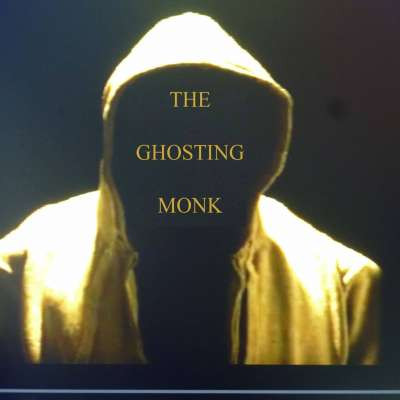 mrghoster
mrghoster
 RT
RT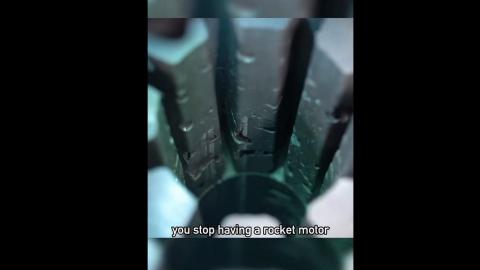
 Life_N_Times_of_Shane_T_Hanson
Life_N_Times_of_Shane_T_Hanson![[MGTOW Essentials] Justice for all ; BTW, Does Not include YOU ---> MGTOW](https://cdn.mgtow.tv/upload/photos/2025/07/M14JU1CGR5mG7Lqc5dSr_01_c974e58f831717ff7d5508dba3085506_image_thumb_high.jpg)
 4_ArchAngel
4_ArchAngel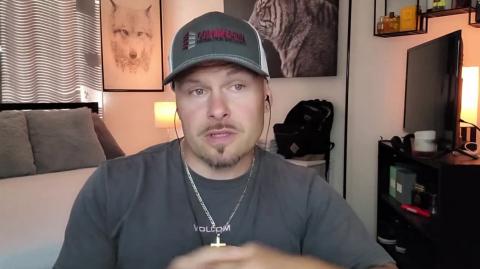
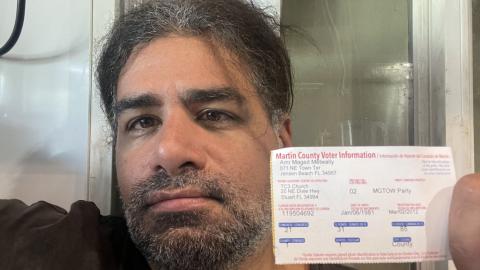
 Alpha Male Lifestyle
Alpha Male Lifestyle
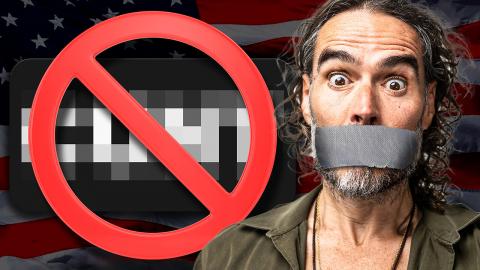
 Russell Brand
Russell Brand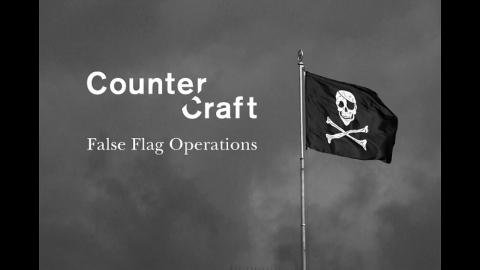
 Richie From Boston
Richie From Boston
 Nick J Fuentes
Nick J Fuentes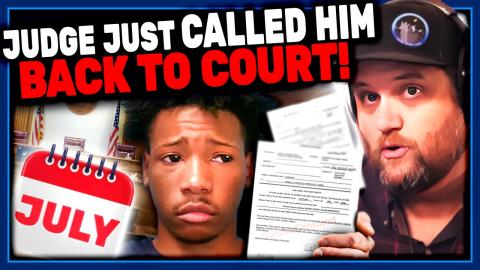
 TheQuartering
TheQuartering


![Ep 3674b - Trump Is Shutting Down The [DS] System WW, Message Sent To We The People, Justice](https://cdn.mgtow.tv/upload/photos/2025/06/30bbe48bc5f34e4f342d7b0e955a14ee5a0699cbiZkfhQNDFMv84nEaQBXT.video_thumb_high.jpg)
 X22 Report
X22 Report![Ep 3674b - Trump Is Shutting Down The [DS] System WW, Message Sent To We The People, Justice](https://cdn.mgtow.tv/upload/photos/2025/06/f75b677706ccc41ef7d219f1e826b1fbd947bf32LddekpS5U5LOoQa7vAbv.video_thumb_high.jpg)

 Redacted News
Redacted News
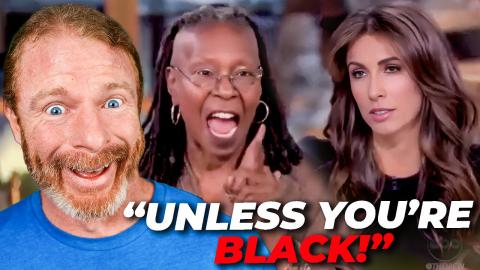
 AwakenWithJP
AwakenWithJP

Log in to comment
This and the case records are worth reading in total.
Want to stand up for yourselves?
Need to stand up for yourselves?
This is how.
Get Smart Read the Books.
State of Connecticut - Judicial Branch
In the United States Court of Appeals for the Second Circuit
https://www.ctpublic.org/news/........2023-06-25/cts-h
HARTFORD, Conn. (AP) — In a decision scrutinizing how colleges investigate sexual assault allegations, Connecticut's highest court ruled Friday that a former Yale student is not immune from a defamation lawsuit by a fellow student who was exonerated in criminal court after she accused him of rape.
The Connecticut court ruled 7-0 that because he had fewer rights to defend himself in university proceedings than he would in criminal court, the rape accuser can't benefit fully from immunity granted to witnesses in criminal proceedings.
The unanimous ruling came despite warnings from more than a dozen violence prevention groups that such immunity is crucial to prevent rape victims from being discouraged to come forward.
It's one of the few state court rulings on the topic in any U.S. court and could be cited widely in future cases, legal experts said.
It ruled that Jane Doe, the pseudonym she used in court proceedings, was not immune from liability for statements she made to Yale investigators accusing fellow student Saifullah Khan of raping her in her dorm room in October 2015.
The decision could add to the already vexing problem of sexual assaults going unreported, violence prevention groups said in a brief to the state Supreme Court.
“Without protections from retaliation, including absolute immunity, victims will be dissuaded from using school reporting and disciplinary processes and will lose out on their education while perpetrators dodge accountability,” a lawyer for the groups wrote in a filing supporting the accuser's immunity rights.
Khan is suing Doe and Yale over the rape allegations and his November 2018 expulsion from the school, saying the sex was consensual. Khan was criminally charged, but a jury acquitted him earlier in 2018.
Justices said Doe was not immune because Yale's sexual assault disciplinary proceedings are not “quasi-judicial,” meaning they don't have standards analogous to traditional courts.
As in many U.S. universities, Yale's procedures do not subject accusers to cross-examination and do not require witnesses to testify under oath.
If proceedings were quasi-judicial, then accusers would have the right to “absolute immunity” from their statements to school investigators, the Justices ruled.
“Because the (Yale) proceeding lacked the basic procedural safeguards ... necessary to ensure the reliability of the information presented, we decline to recognize the ... proceeding as quasi-judicial in nature,” the court wrote.
Legal experts said the justices’ ruling could be a major precedent cited in other lawsuits by students accused of sexual misconduct in challenges to the fairness of their schools' disciplinary proceedings.
“It was striking to me how detailed they were in criticizing the fairness of the Yale procedures," said K.C. Johnson, a history professor at Brooklyn College.
"There are passages from this opinion that I suspect will be quoted in basically every accused student’s brief moving forward."
The ruling also is significant because the federal government is slated in October to change regulations covering how colleges must handle sexual misconduct cases.
The Biden administration will be undoing changes made by the Trump administration in 2020 that allow for cross-examination of accusers and other requirements.
In the same ruling, however, the Connecticut court said college students who report being sexually assaulted deserve some immunity for their statements to school investigators, even if the proceedings are not quasi-judicial.
But that immunity would only apply if the statements are not malicious. It is the first time the state court has addressed the issue.
The court said Jane Doe in the Yale case could eventually cite that kind of immunity to defend against Khan's lawsuit, but cannot now because the lawsuit is in the early stages.
Norm Pattis, a lawyer for Khan, called the decision “fantastic news for Mr. Khan and bad news for Yale.”
“It sheds a much needed light on the hothouse environment at Yale and its infirm handling of sexual misconduct complaints,” Pattis wrote in a text to The Associated Press.
Doe's lawyer, James Sconzo, declined to comment Friday.
A Yale spokesperson also declined to comment.
The ruling stemmed from Khan's lawsuit in federal court against Doe for alleged defamation and Yale over his expulsion.
A judge dismissed the claims against Doe, ruling that Yale's disciplinary process was quasi-judicial and her allegations were immune from lawsuits.
Khan appealed to the 2nd U.S. Circuit Court of Appeals in New York, which asked the Connecticut Supreme Court to weigh in on the immunity issues before it ruled, leading to Friday's decision.
According to Khan, he walked Doe back to her dorm from a Halloween party in 2015 and she invited him into her room, where they had consensual sex.
The next morning, Doe told her friends she was raped, according to court documents.
But when she went to Yale's health center for contraceptive care, she told workers she had consensual, unprotected sex, according to documents.
Doe filed a complaint with the school, which immediately suspended Khan.
Yale police later charged him with sexual assault, leading to his acquittal in 2018.
Yale, expelled Kahn later in 2018 after holding proceedings that did not allow Khan to cross-examine Doe.
Khan's lawyers said he sued Doe and Yale “to seek relief for the incalculable damages that he suffered” from the allegations and expulsion.
~~~~~~~~~~~~~~~~~~~~~~~~~~~~~~~~~~~~~~~
State of Connecticut
Judicial Branch
https://www.jud.ct.gov/Search/....JudSearch.aspx?col=a
https://jud.ct.gov/external/su....papp/Cases/AROcr/CR3
https://jud.ct.gov/external/su....papp/Archive_sup_ass
https://jud.ct.gov/HomePDFs/SC....TermCaseAdvisory1stT
https://jud.ct.gov/external/su....papp/Archive_Sup_Doc
~~~~~~~~~~~~~~~~~~~~~~~~~~~~~~~~
In the United States Court of Appeals for the Second Circuit
https://ww3.ca2.uscourts.gov/d....ecisions/isysquery/1
https://ww3.ca2.uscourts.gov/d....ecisions/isysquery/1